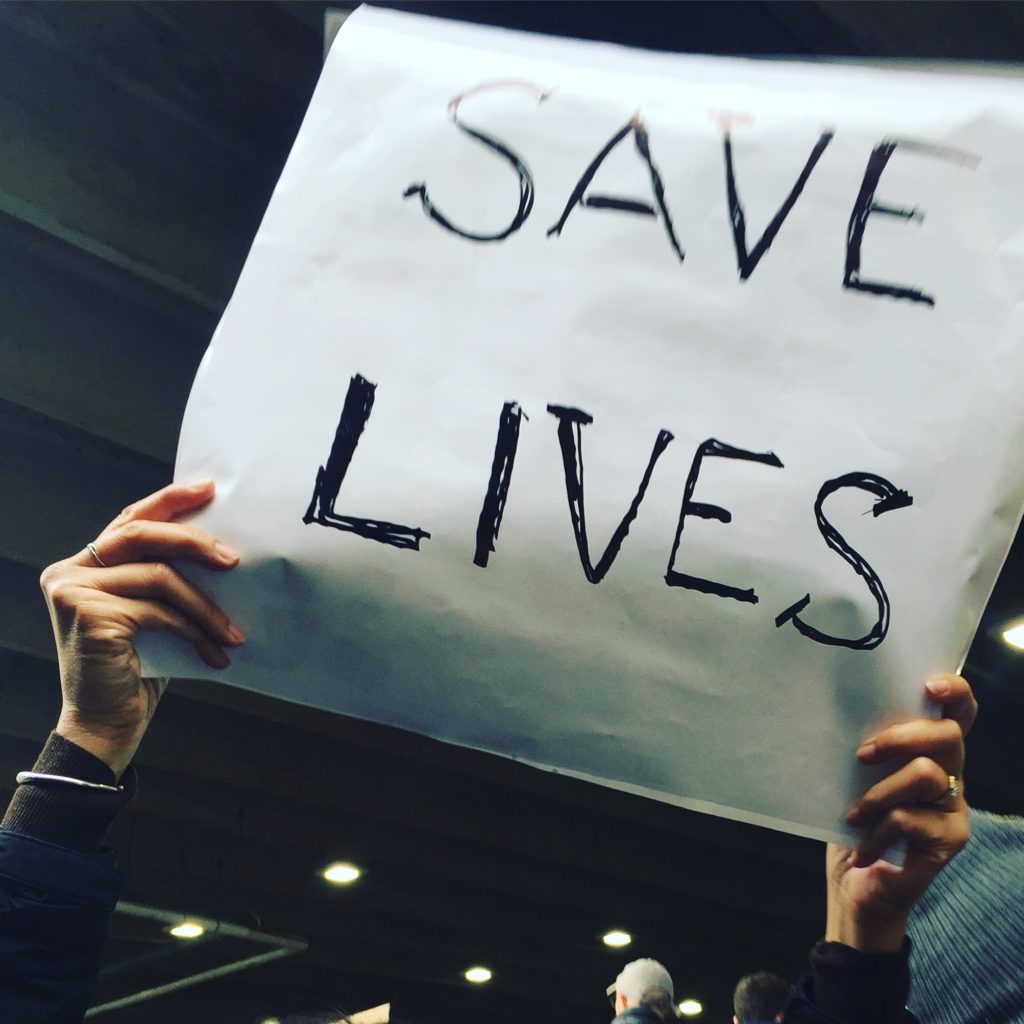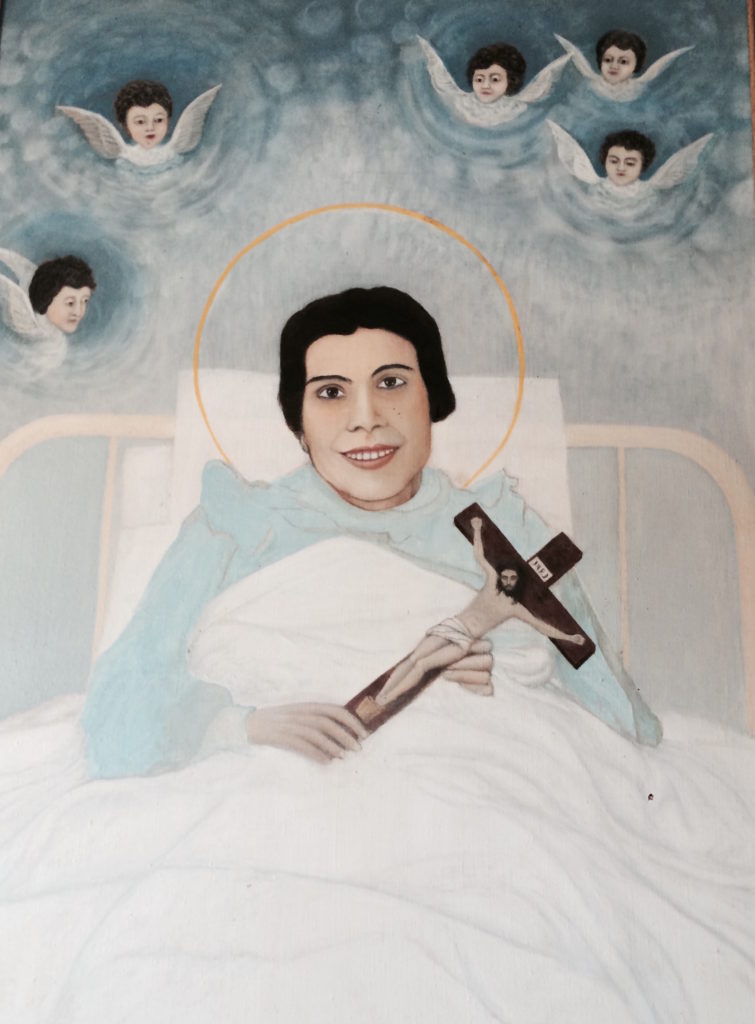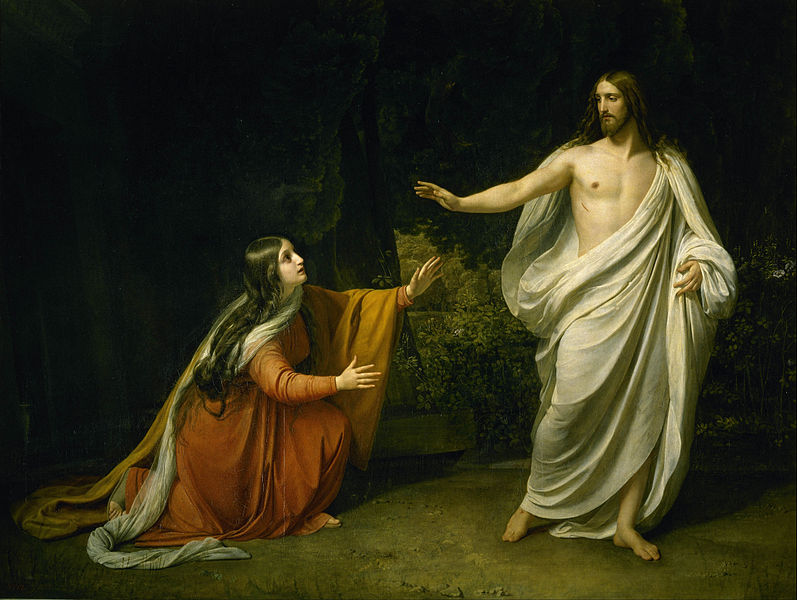
NOTE: I wrote this piece in November 2016, but I am reposting it for those who didn’t read it before. It seems even more relevant today, in light of this week’s events in Charlottesville, VA.
by Teresa Linda, ocds
As a Catholic trying to live faithfully in the secular world, I could not let this election pass like any other. During my evening class, I asked my students to respond to the prompt, “I am hopeful/concerned about the results of the election.” The students in this class are representative of the diversity of our nation. They range in age from eighteen to over fifty years old. Three served in the wars in the Middle East. They are both immigrants and native-born Americans. They are multi-racial and cross socio-economic lines.
I shared with them that personally, I was hopeful because the process was making everyone in individual, institutional, and even in systemic levels question themselves in ways that were not so obvious before. Those who are reeling are asking, “What was it that we did not see? What blinded us? Why were we blinded?” Those questions are starting points for developing humility and healing.
Then my students shared their responses. Some students were hopeful because they believed that America could become great again, for they had seen too many family members lose jobs and homes.
Other students were fearful. One of my Latino students admitted that the lives of the people he loved would most likely be up-ended by deportations in the coming months. Another student said that the previous night, a group taunted her and her older brother to go back to “where they came from” and threw rocks at them. Though she knew the suffering of war and poverty first-hand, she could barely hold back her tears of humiliation; it didn’t matter at all to the young men demanding that she leave the country, that she was a veteran who had recently returned home from defending our nation’s freedoms.
I am a Filipina and in the last two months, I too have been yelled and leered at on three separate occasions for taking too much space on the sidewalk, at the parking lot, and in a restaurant. That has never happened before.
The hidden biases that lay dormant for decades have risen to the surface, and our national woundedness is being revealed. The Catholic Bishops have recently gathered to show support for refugees and immigrants. Yet despite the rampant acts against human dignity and the multitude of opportunities to stand up against it, very, very few voices of national leadership have taken a strong moral position against the rising acceptance of hate as a new norm.
As Secular Carmelites and a people who believe in the death and resurrection of Christ, we cannot be complacent or allow ourselves to participate and feed on these divisions.
As a Catholic I am greatly relieved and thrilled that the tides are turning and that the value of the life of the unborn will be recognized more than it has been in the past decades, for the Church teaches that abortion is a ‘grave evil.’ However, the Catechism of the Catholic Church also states that “sin committed through malice, by deliberate choice of evil, is the greatest” (1860 CCC). Jesus says, “from the heart come evil thoughts, murder, adultery, unchastity, theft, false witness, blasphemy” (Matthew 15:19).
Therefore, the willful choice of hate with malice from the heart is among the greatest evil. In Uganda, the location of one Carmelite mission, evil is defined as anything that doesn’t preserve life, which I would posit, includes acts that diminish an individual’s personhood. People are certainly experiencing deliberate malice against their personhood in their daily lives, at work, through social media, and in their schools.
Thus, though I value the life of the unborn, I cannot overlook the suffering and the trampled human dignity of the living. When asked about his thoughts on the results of the election, Pope Francis replied, “I do not give judgments on people or politicians, I simply want to understand what are the sufferings that their approach causes to the poor and the excluded.”
In Matthew 25, Our Lord separates his own sheep from the goats based on actions that illuminated the true character of His followers and their attitudes toward the vulnerable: “I was a stranger and you welcomed me, naked and you clothed me, ill and you cared for me, in prison and you visited me.” We must be compassionate, empathize and pray for America’s urban poor, the displaced homeless, the immigrants, and the marginalized. We must be wary and alert, not only of the rise of hateful attitudes against the vulnerable, but our own tendencies to keep the reality of those wounds invisible to ourselves.
God can only work if we are aware of both our own woundedness and the woundedness around us so that we can bring these before Him in prayer and healing. “To receive His mercy, we must admit our fault.” For grace to abound it must “uncover sin” and “probe the wound before treating it” (CCC 1848). We must keep our hearts open and avoid any support of a mentality that destroys, wounds, or offends charity and love and turns us away from God (CCC 1855).
According to the Catechism of the Catholic Church, “It is precisely in the Passion, when the mercy of Christ is about to vanquish it, that sin most clearly manifests its violence and its many forms: unbelief, murderous hatred, shunning and mocking…at the very hour of darkness, the hour of the prince of this world, the sacrifice, Christ secretly becomes the source from which forgiveness of our sins will pour forth inexhaustibly” (CCC 1851). All year the faithful have been walking through Doors of Mercy throughout the world. Today, Jesus is knocking at the other side of that door, waiting for us to respond to Him so that He can reveal His Mercy.
We are living in a new era. Our daily lives and choices is a walk with Jesus among the crowds in His Passion. Will we stay and walk with Him, or will we run away and cower? Remaining faithful in love and prayer against “murderous hatred” toward the poor and marginalized, Christ incarnate in this world, in this “hour of darkness” can open inexhaustible graces. This is especially true as the Extraordinary Jubilee Year of Divine Mercy draws to a close. God’s graces are waiting to be poured out on mankind a thousand times more generously than when Mary Magdalene poured perfumed spikenard over the foot of Christ.
But to close our eyes to the reality of Christ incarnate, to encourage any form of division in Christ’s One Body, One Church “makes men accomplices of one another and causes …violence and injustice to reign among them…They lead their victims to do evil in their turn. In an analogous sense, they constitute a ‘social sin’” (CCC 1869). Immigrants and refugees do not leave the land of their ancestors on a whim. Children living in violent neighborhoods and difficult family situations do not aspire to be homeless, drug addicts, gang members, or prostitutes.
When we come before Christ, will He address us as He did the Church of Ephesus in Revelations? –“I know your works, your labor, and your endurance, and that you cannot tolerate the wicked…Yet you have lost the love you had at first” (Revelations 2:2-4). Or will we share in the Mystical love in Song of Solomon when the Lover pours fragrant oils and spices upon His beloved and proclaims, “There is no blemish in you…Your head rises upon you like Carmel… How beautiful you are, how fair, my love, daughter of delights!” (Song of Solomon 7:6-7)
As Secular Carmelites and Christians, let us be like Our Lady, who never turned her eye away from Jesus in His Passion. Let us be mindful and prayerful of our apostolic call to love, unity, and holiness.
May the Lord bless us, protect us from all evil and bring us to everlasting life. All our Carmelite Saints, pray for us.
Copyright 2016. Teresa Linda @thespeakroom.org. All rights reserved.




